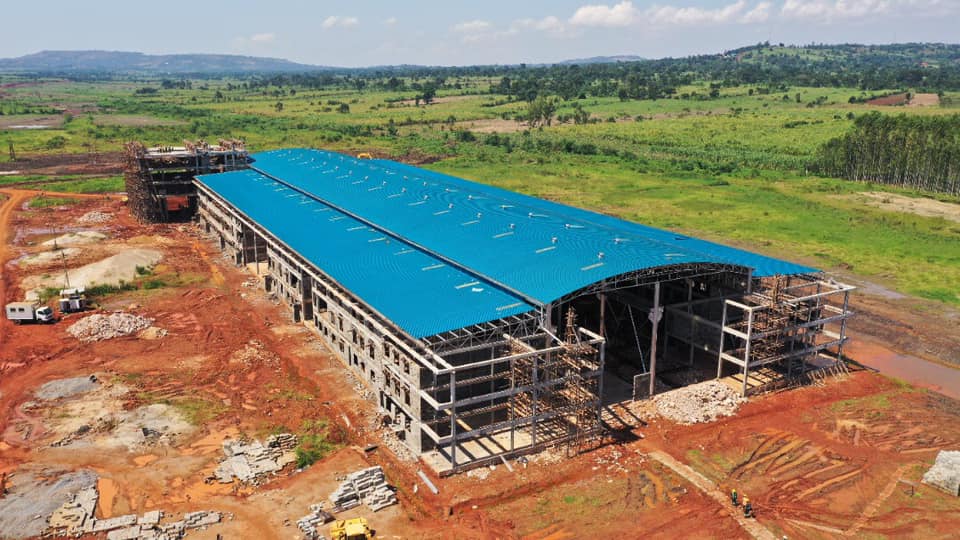By Denis Jjuuko
One of the perks of winning an election for a Member of Parliament in Uganda is the amount of money deposited into their bank account before even work starts. To now fit into the honourable position of MP, the government gives them cash for a brand new car to facilitate their movement within the constituency and comfortably travel to Kampala, the seat of the national legislature.
Because everything takes place in Kampala and some constituencies are incredibly remote, there shouldn’t be qualms with MPs get facilitated with a car that befits their status. After all, many people who don’t debate issues for the country get vehicles as well.
The Minister of Finance has announced that he is looking for a whopping Shs165 billion (approximately USD44.9 million) for this. Media houses made simple calculations to mean that each MP will be receiving Shs320 million (app USD87,000). That is enough money for a brand new SUV although most MPs buy 16-year-old cars at a fraction of the money they receive. Many don’t even bother to buy a vehicle preferring to use public means between Kampala and their constituencies to save.
One of the challenges the country is facing is youth unemployment. Uganda has one of the fastest-growing populations globally, with many people joining the labour market every year and unable to find work. The newly elected MPs know this very well because many campaigned on the platform of development, which in my understanding should mean creating jobs. They also saw first hand how poverty is ravaging the country as they moved from one village to another looking for votes.
Many MPs will be receiving daily phone calls from constituents asking them to help connect their unemployed graduate children to jobs. Others will simply ask them to give them money. One of the newly elected MPs was seen with a 40-foot container during campaigns distributing knickers and sanitary pads. And this was in an area many people consider to be well off. If people don’t have one US dollar to buy a pack of sanitary pads (reusable ones are much cheaper), what else can’t they buy?
Yet the Shs165 billion can create millions of jobs in the long run. Vehicles are the second-highest value imported goods after petroleum products in Uganda. They come in as fully built units (FBUs). This means that Uganda loses millions of dollars in foreign exchange each year importing vehicles.
What about the government asking Original Equipment Manufacturers (OEMs) to make MPs’ cars here? The government would place an advert asking for somebody to supply SUVs to Uganda MPs with the condition that the vehicles would be made in the country. The winning OEM would bring in the car as either semi knockdown kits (SKDs) or completely knockdown kits (CKDs) and get a place to put the cars together. The government’s own Kiira Motors is nearing the completion of a vehicle plant in Jinja. The winning OEM could make the car from there.
This would directly create many jobs by people making cars for the MPs, but most importantly, the country would create a significant mass of people with skills to make a car. Entrepreneurs would identify parts that they could easily make so that the OEMs don’t necessarily import everything. Plastic companies like Mukwano Group and Mulwana Group would easily make plastic parts. Steel companies would learn how to make the chassis. A car has on average 30,000 parts which are mainly supplied to OEMs by small independent suppliers. Within a few years, Uganda would develop an automotive industry that supplies parts to the global value chain on top of making cars here. We have most of the raw materials here.
The government of Uganda, on average, buys approximately 2,000 vehicles every year. The private and development sectors buy more others. Imagine if they were made here. The UPDF makes some of its armed personnel carriers (APCs) here in Uganda. So if the army can make some of its vehicles here, why can’t we make cars for MPs and other institutions?
The OEMs will partner with local entrepreneurs to develop our capacity same way Suzuki partnered with Maruti to create the iconic award-winning Maruti Suzuki in India. For the industry to kick off, this would also call for banning the importation of these old cars that are destroying our environment.
Because there are many parts in a car, the parts suppliers that will set up here will make other things. Once a country can make a car, it can make anything. Make MPs cars here, and you would have a real manufacturing sector making all sorts of products in a few years.
The writer is a communication and visibility consultant. djjuuko@gmail.com









